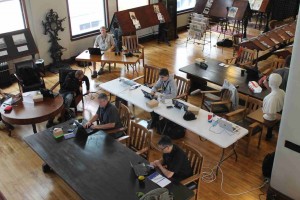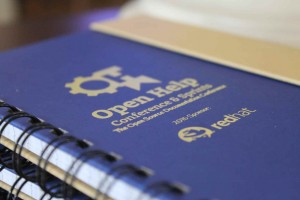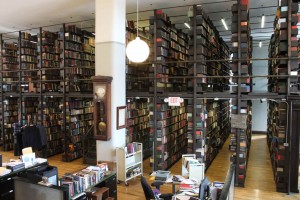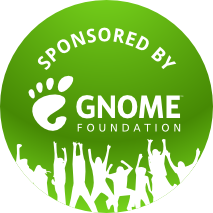The second conference day took more of the “unconference” format with more open discussions and previously unplanned presentations.
Janet Swisher came back to the stage with a presentation on web-related docs, speaking about the tenth anniversary of Mozilla Developer Network (MDN): history throughout three platform eras, the lessons learned and fruits of hard work reaped. The important point mentioned was the time spent on community engagement and Mozilla‘s communication with the community, which was hugely underestimated at a certain point. Now, Mozilla has focused on better tooling and onboarding, has set up virtual meetings for contributors etc. to improve the integrity within the community and to get the activities more organized.
 Based on his experience, Shaun McCance set the key criteria to turn a sprint into a success, including the number of participants, number of days, organization principles, and tools to make such meetings worthwhile. Setting the rules and environment correctly leads to a productive sprint/hackfest/meetup. I assume it’s also a strong leader drafting an agenda and keeping an eye on the progress made. Luckily, The GNOME docs team has Kat for that 🙂
Based on his experience, Shaun McCance set the key criteria to turn a sprint into a success, including the number of participants, number of days, organization principles, and tools to make such meetings worthwhile. Setting the rules and environment correctly leads to a productive sprint/hackfest/meetup. I assume it’s also a strong leader drafting an agenda and keeping an eye on the progress made. Luckily, The GNOME docs team has Kat for that 🙂
 Documentation fails and a manual to avoid them is exactly what a technical writer needs to grasp. Warren Block went through his years worth of experience with writing documentation and mistakes he learned from. Among the fails mentioned, there was missing context, too much information, fragmented documentation, as well as the lack of documentation testing.
Documentation fails and a manual to avoid them is exactly what a technical writer needs to grasp. Warren Block went through his years worth of experience with writing documentation and mistakes he learned from. Among the fails mentioned, there was missing context, too much information, fragmented documentation, as well as the lack of documentation testing.
The afternoon session was open to discussions, another spontaneous presentation on getting involved with UBUNTU docs – great noobie’s perspective, BTW! We also talked about systematic reviews, involving paid contributors, and other related topics.


